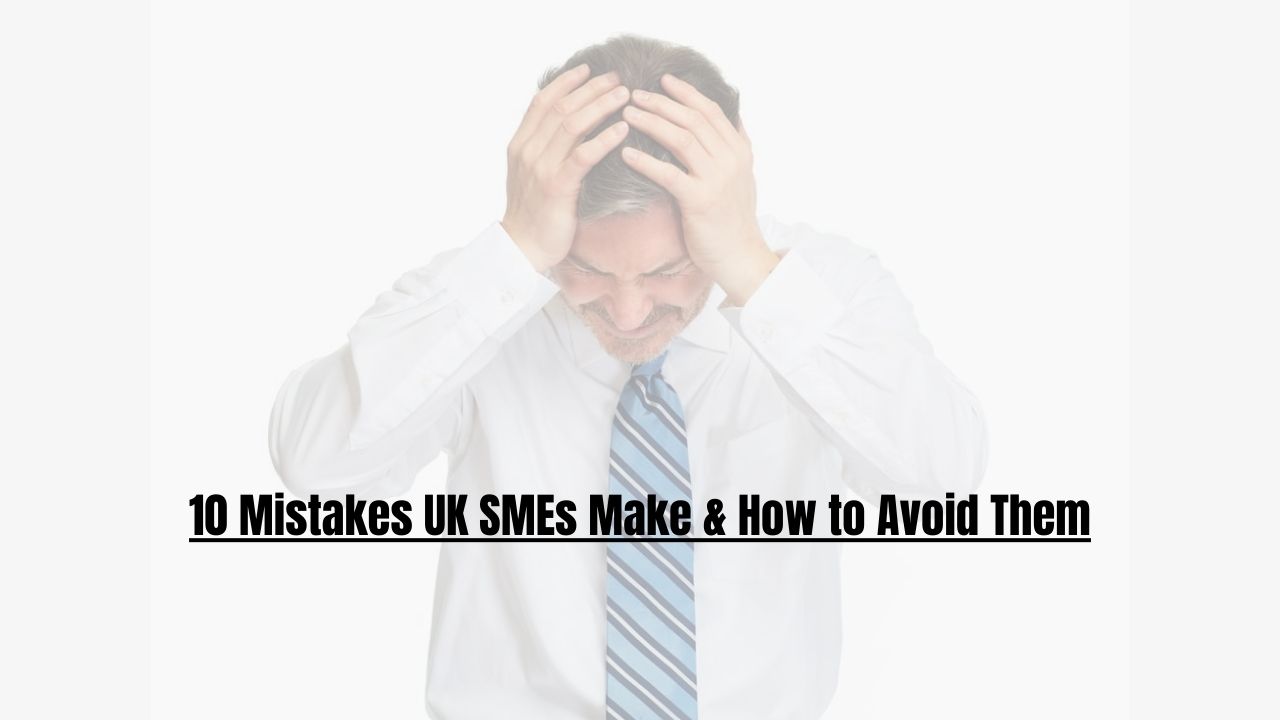
What is Employment Allowance ? Check if You are Eligible
An important task in human resource management is to control and minimize employment costs, and the issue of payroll occupies an important place in them. There is one that is capable of solving this problem – the use of the Employment Allowance, which is the British government’s initiative aimed at alleviating the burden of the Employer’s National Insurance.
Employment Allowance is one of the many financial reliefs which businesses can claim, and as the team of reputable TVR Accountants based in Bury St. Edmunds, we are here to explain it to businesses. New changes reported in the Autumn Budget 2024 mean that the issue should be reassessed according to the recent regulations.
In this comprehensive guide, we will explore:
- What is Employment Allowance?
- Why it is beneficial for your business.
- How it impacts Employer’s National Insurance contributions.
- How to claim Employment Allowance.
- Changes introduced in the Autumn Budget 2024.
What is Employment Allowance?
The Employment Allowance, therefore, is a Class 1 National Insurance relief that HMRC allows employers to claim. The allowance was due to help eligible businesses to reduce their Employer’s National Insurance contributions for the 2024/25 tax year by £5,000. This cap is due to rise to £10,500 from the 2025/26 tax year, making these savings even greater.
This allowance operates on the premise that in every payroll period, the eligible Employer reduces their Class 1 National Insurance contributions up to the allowed maximum, or up to the closure of the tax year. If your liability is below the allowance threshold, even then you can still claim and you can save a lot of money on your payroll.
Why is Employment Allowance Beneficial for Your Business?
- Reduced Costs: Since the NI bill has been reduced by £ 2,080 per employee for Employer’s National Insurance contributions, organisations can invest in growth-enhancing activities.
- Improved Cash Flow: The implication is that reduced payroll taxes imply increased working capital for the_addresses of day-to-day operations.
- Support for Small Businesses: The upturn in the allowance limit from £5,000 to £10,500 from 2025/26 makes it even more beneficial for small businesses to contain employment expenses.
- Encourages Employment: As such, Employment Allowance can help companies realize more savings by paying the cost of hiring, thereby encouraging some of them to generate more employment.
Eligibility Criteria
There are conditions that you must fulfill so as to qualify for Employment Allowance for your business. Here are the primary eligibility criteria:
Eligible Entities
- Businesses and Charities: This we shall be covering the following: a) Community amateur sports clubs.
- Class 1 National Insurance Liability: Your Employer’s Class 1 National Insurance for the 2024/25 tax year needs to be less than £100,000. From the 2025/26 tax year the fixed amount is removed meaning that those businesses with higher liabilities are eligible.
Connected Companies
If your business is connected to companies the aggregated Class 1 NI liability of all the employers of the group must not exceed £100000 for 2024/25. Starting from the financial year 2025/26, the above restriction is not a limitation, and only one company in the group may claim the allowance.
Multiple Payrolls
For letters, whereby the business has more than one PAYE scheme, the aggregate Employer’s Class 1 National Insurance on all the payrolls must satisfy the requirements of the letter(s). You can offset the allowance for only oneScheme in respect of the PAYE.
Off-Payroll Payments
Payments for off-payroll workers including for instance contractors, do not attract National Insurance liability threshold for purposes of eligibility. For clarity, these payments should not be counted as deemed payments for this calculation.
Exceptions to Eligibility
Employment Allowance can be claimed by most small businesses and organizations but there are some exceptions. You cannot claim if:
- Your company has only one director and no employees while the company is involved in only the Limited Business.
- You are a public body or carry out over 50% of your work for public sector players, such as local councils or the NHS unless you are a charity.
- Seasonal workers, agency workers, if they meet the IR35 rules and workers for personal or domestic use, for example, a nanny or a gardener unless the worker is a carer or support worker.
- Your business is above de minimis state aid thresholds. Employment Allowance is considered as state aid and you are disqualified if you exceed these limits in any 3 year period.
Changes to Employment Allowance in the Autumn Budget 2024
The Autumn Budget 2024 has introduced changes to the Employment Allowance:
- Increased Allowance: Later, from the 2025/26 tax year, it will rise to £10,500 offering higher tax relief for employers than before.
- Abolished Threshold: This allowance had been limited to business organizations with National Insurance liability exceeding £100,000, however, this element will now be available to businesses in need.
It seeks to improve the competitiveness of small and medium-sized enterprises by, Cutting down their tax bills and Creating employment. Bearing these updates in mind, some 865,000 employers will be able to improve employment from April 2025.
How to Claim Employment Allowance
Applying for Employment Allowance is easy, if your company uses payroll software or an online payroll service. Here’s how you can claim:
- Use Payroll Software: This field should be provided in the payroll software; the field is known as the ‘Employment Allowance indicator’. Make this ‘Yes’ on your EPS form when submitting to the HMRC.
- Use HMRC’s Basic PAYE Tools: In the absence of the necessary fields in your payroll software you may have to download HMRC Basic PAYE Tools. Amend the ‘Employer details’ to reflect that you are using Employment Allowance and you should then send the EPS.
- Submit Annually: It has to be done annually, at the beginning of each tax year . If you are not eligible during the tax year, you should also make changes to your EPS for this reason.
Monitoring Employment Allowance Usage
This is something your payroll software or your payroll provider should be doing for you and indicate how much Employment Allowance you have left after each payroll. To avoid reaching an allowable limit of frequency one has to perform monitoring frequently.
What Happens If My Claim is Rejected?
If you have filed your claim and have not met the requirements provided in this guide but your claim has been denied, please call the HMRC Employer Helpline. Exercise caution to see that all details that are in the EPS submission are correct to help you avoid exercising excess time.
Claiming for Previous Tax Years
Employment Allowance applies if your business was eligible to make the claim in previous years but failed to do so, you can claim for up to four previous years. This applies for tax years starting after 6 April 2020 and 5 April 2021 for employed workers, irrespective of the Employer’s Class 1 National Insurance liability for such years.
HMRC in relation to backdated claims may provide a refund or roll it over against the outstanding amount of tax.
Why Choose TVR Accountants?
TVR Accountants appreciate the challenges and risks associated with the processing of payroll and the tax relief measures. Our team of experts can help you:
- Check whether you are entitled to reduction on your employer's NICs through Employment Allowance.
- Ensure therefore that you assist in the claiming process in the best manner possible.
- Watch your usage and keep yourself within the legal bounds of HMRC.
- Fast, professional and efficient payroll solutions for your special business requirements.
Our goal is to contribute to the financial optimisation of business profiles that are located in Bury St. Edmunds and beyond. The benefit of leaving your payroll services to us at TVR Accountants means that you can let us handle the paperwork as you concentrate on business expansion.
Get in Touch
Claim Employment Allowance and other government incentives meant to help your business. Contact TVR Accountants for individual consultations and expert services today.
???? Call us: 01284 700123
???? Email: info@tvraccountants.co.uk
Contact us today and make the most out of your company by utilizing professional payroll processing and tax advisory solutions.



